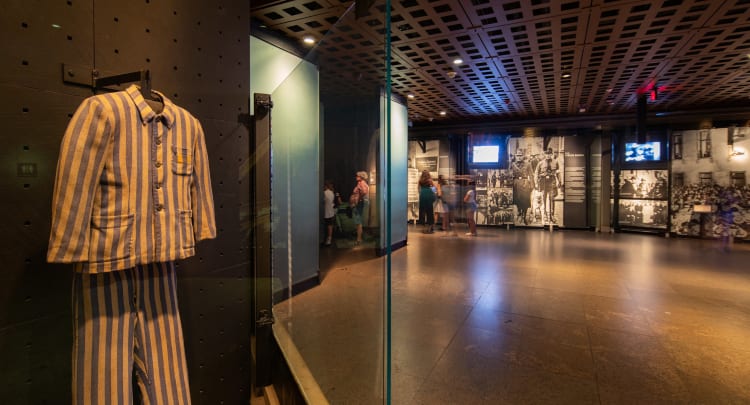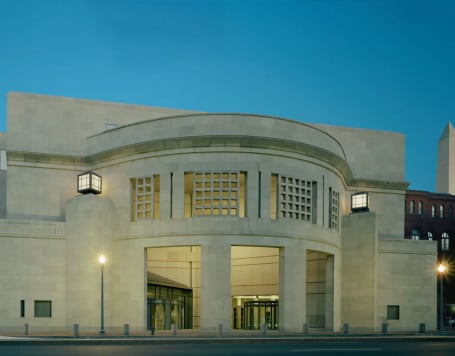Architectural Symbolism: The museum's design is rich in symbolism. Its architecture, designed by James Ingo Freed, reflects the themes of loss, emptiness, and absence. The main hall, for example, represents a train station platform, evoking the deportations that were central to the Holocaust.
Holocaust Survivor Testimonies: The museum has an extensive collection of oral testimonies from Holocaust survivors, which provide a personal and human perspective on the atrocities.
Educational Programs: The museum offers diverse academic programs for students, teachers, and the general public. These programs aim to foster understanding and tolerance and raise awareness about the Holocaust and its valuable lessons.
Temporary Exhibitions: In addition to its permanent collection, the museum hosts temporary exhibitions that explore various aspects of Holocaust history, as well as related topics like contemporary genocide and human rights.
Global Outreach: The museum's impact extends beyond its physical location. It conducts outreach and educational programs worldwide, working to combat genocide, prejudice, and hatred.
Holocaust Encyclopedia: The museum maintains an extensive online Holocaust Encyclopedia, which provides in-depth information on a wide range of topics related to the Holocaust. It is an invaluable resource for researchers, students, and the public.
Remembering Other Victims: While the Holocaust primarily targeted Jews, the museum also commemorates the suffering and loss experienced by other targeted groups, including Romani people, disabled individuals, political dissidents, and others.
Remembrance Ceremonies: The museum hosts annual remembrance ceremonies, including the Days of Remembrance, to honor the victims and survivors of the Holocaust.
Holocaust Memorial Day: The museum actively participates in the annual International Holocaust Remembrance Day on 27 January, which marks the liberation of Auschwitz-Birkenau, one of the largest Nazi concentration camps.
Ongoing Research and Scholarship: The museum supports research and scholarship on the Holocaust, contributing to our understanding of this tragic period.






























